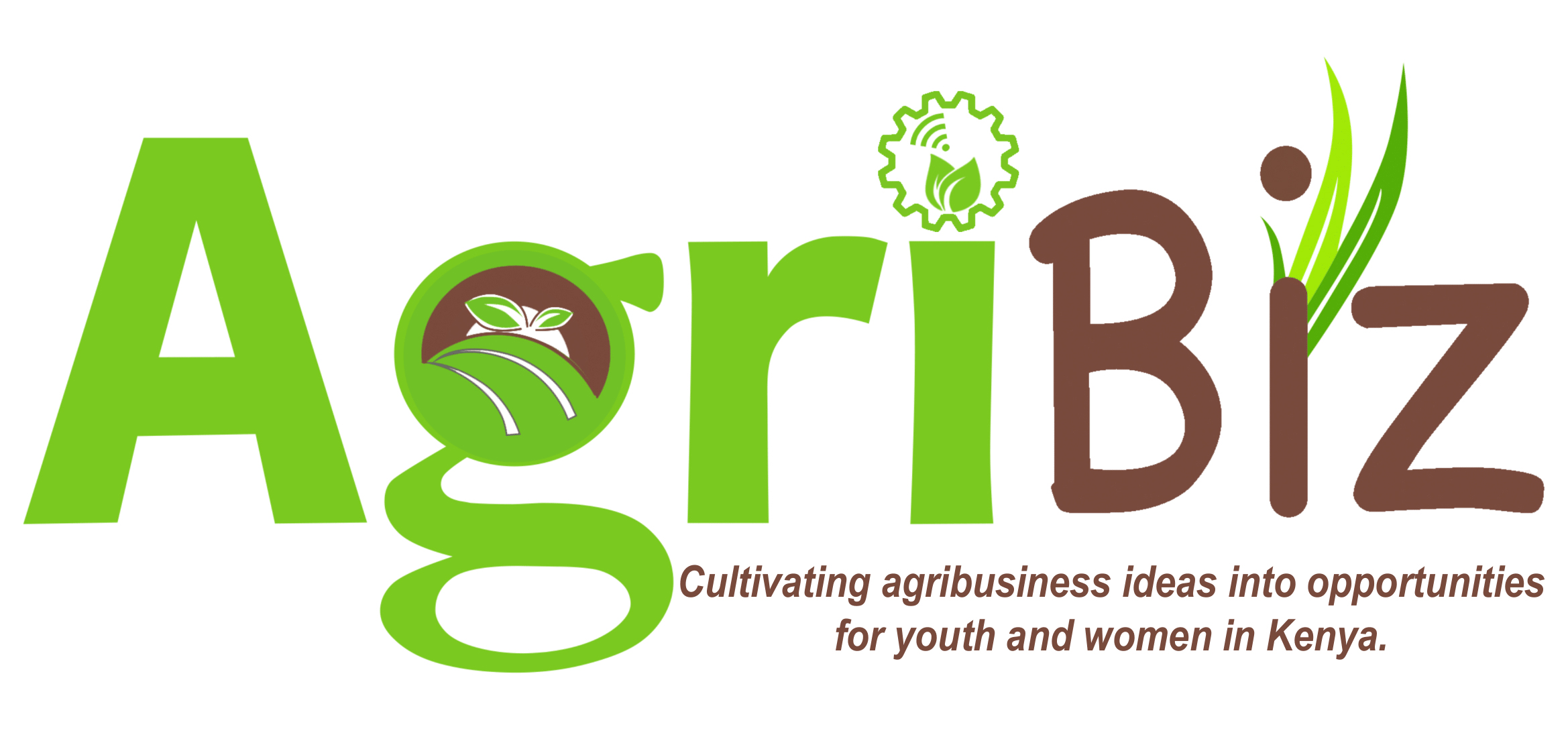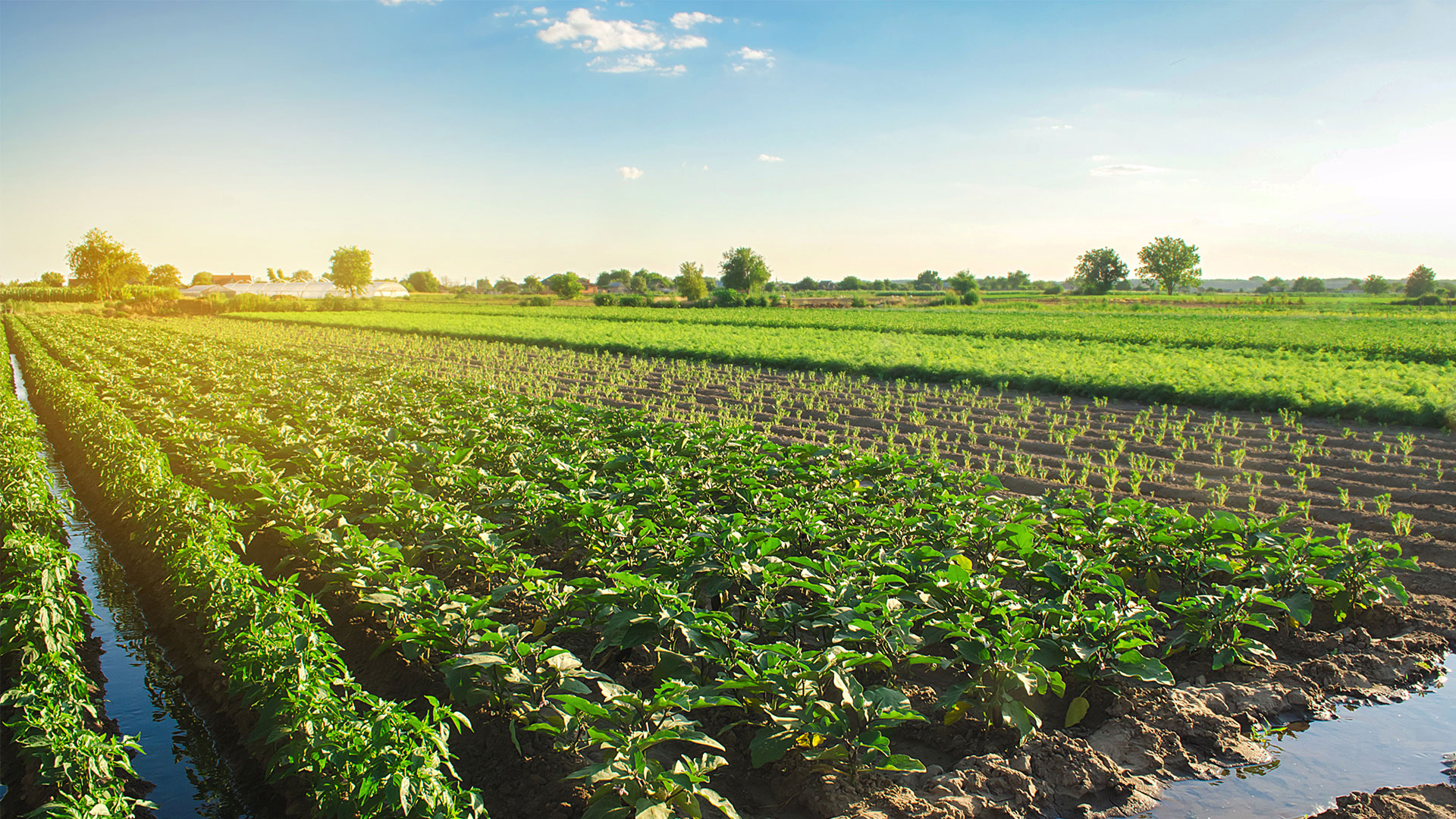As countries all over the world strive to contain the Covid-19 pandemic, this year’s World Food Day focuses on how we can grow, nourish and sustain together as well as celebrate food heroes who have managed to provide food to their communities and beyond thus helping to grow, nourish and sustain our world.
Commemorated annually on 16th October, World Food day is the Food and Agriculture Organization’s event for advocating for food security globally. Since it was first observed in 1945, the event as grown to become a global platform for raising awareness of the issues behind poverty and hunger.
This year, despite the ongoing pandemic that has proven to be a major challenge globally, farmers and those in the agribusiness field have still gone out of their way to provide food for their communities.
“In a moment like this, it is more important than ever to recognise the need to support our food heroes – farmers and workers throughout the food system – who are making sure that food makes its way from farm to fork even amid disruptions as unprecedented as the current COVID-19 crisis,” FAO says.
Below are some of Kenya Climate Innovation Center #Foodheros under the AgriBiz program (that is funded by the European Union and DANIDA) who have managed to still produce, promote, transport and provide innovations that boost the agribusiness field despite the pandemic.
Tala Iconic Business World majors in tomato production as the anchor product through greenhouse farming. Aside from tomato production and poultry farming, the agribusiness is also keen on creating employment for youth and women who are interested in venturing agribusiness. Despite the pandemic crippling the business, the founder, Nelson Silas, has retained his employees and continues to scout for more in the hope of boosting agribusiness as well and creating employment for youth and women.
Green Wells organics is a startup that promotes a healthy lifestyle through their products: soups, juices, wholesome porridge made from roots and vegetables, honey and peanut butter. With the current pandemic, many Kenyans have gravitated towards a healthier lifestyle and this has created a great demand for supply for the startup. Unfortunately, the startup had to be closed due to the pandemic and restricted rules provided by the Kenyan government in order to curb the covid-19 virus. They have however managed to make a comeback after ensuring they have taken all the necessary measures into consideration and their business is back on track with lots of customers making orders on a daily.
Exotic Fresh Pickup (Bulk Resources)
Bulk Resources offer Business to Business (B2B) and Business to Customer (B2C). It is a platform that connects small-scale farmers to the consumer market with the goal of improving consumer spends and farmer’s income by creating a link between the two. Food in Kenya is very expensive to the consumer, a consumer spends 40-50% on food, the main problem is that most value chains are inefficient and unstructured market systems, thus the distribution is left to the middlemen who control the whole ecosystem, this makes food very expensive to the end consumer and reduces the farmer’s profits.
Summeat Enterprises are feed lotters who focus on finishing bulls for a specific period of time before selling them. They feed their bulls specially formulated feeds that they formulate in the farm. Their key competence is in developing and implementing modern formulated organic feeds to ensure that they have great quality meat that is tender and rich in all nutrients and taste.
Kabete Vegrow specializes in the farming of tomatoes, capsicum, strawberry and spinach in greenhouses and sells to local markets where they are readily available to the local consumer.





